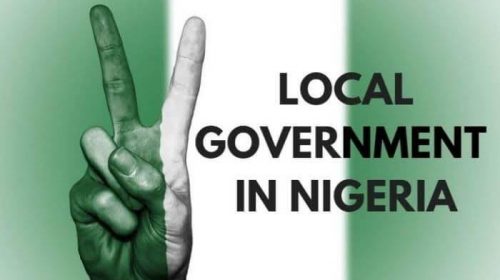IMF upgrades Nigeria’s economic growth forecast to 3.4%
The increase in global oil prices has caused the International Monetary Fund to review

Nigeria’s economic growth potential to 3.4 per cent in 2022. The IMF disclosed this in its ‘World Economic Outlook: War Sets Back the Global Recovery, April 2022,’ report. In its January report, the Washington-based lender predicted a growth rate of 2.7 per cent for Nigeria in 2022. But it has adjusted its projection based on increasing oil prices. In its latest forecast, the revealed a 3.1 per cent growth projection for the nation in 2023, down from 3.4 per cent in 2022 and 3.6 per cent in 2021. The nation’s economic projection is lower than that of Sub-Saharan African region which is expected to grow by 4.5 per cent in 2021, 3.8 per cent in 2021, and 4.0 per cent. It said, “In sub-Saharan Africa, food prices are also the most important channel of transmission, although in slightly different ways. “Wheat is a less important part of the diet, but food, in general, is a larger share of consumption. Higher food prices will hurt consumers’ purchasing power—particularly among low-income households—and weigh on domestic demand. Social and political turmoil, most notably in West Africa, also weighs on the outlook.
Punch






Leave a Reply